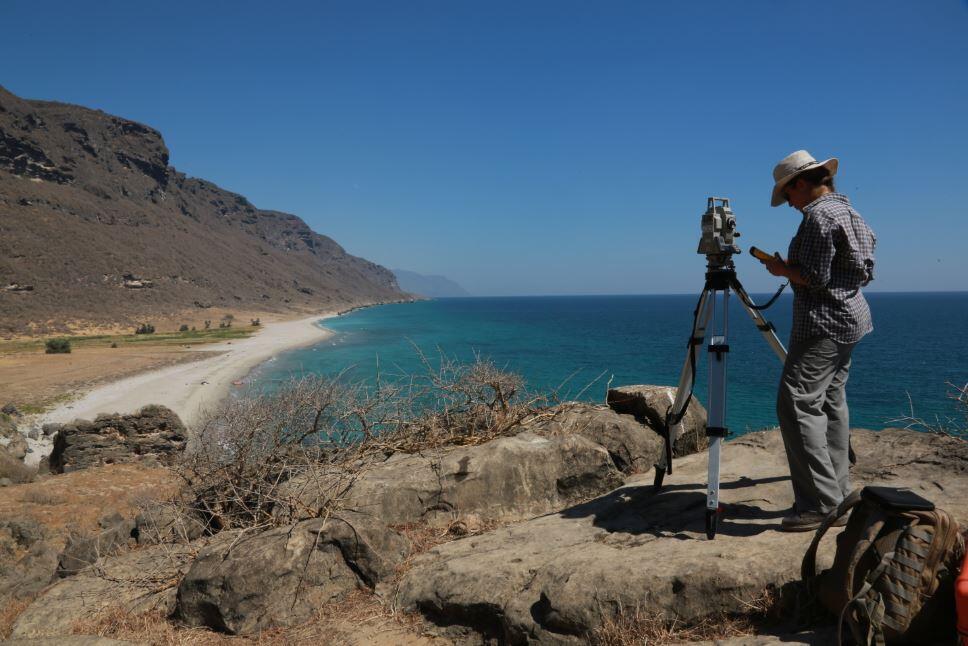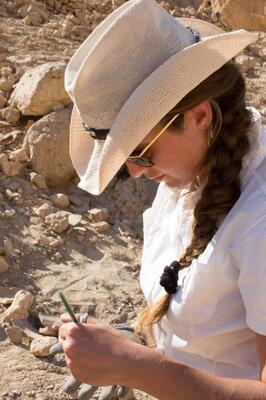Date:
Location:

The involvement and evolution of state power in long-distance trade, the legitimation of power through the control of precious resources linked to the religious and ritual sphere, and the relationship between people and landscape. Her research provides a significant key for measuring the pharaoh’s power by focusing on the level of state management of the long and dangerous expeditions to the land of Punt, which was a source of precious materials used in religious rituals and funerary ceremonies. To inquire the growth of pharaonic power her research will seek for signs of the establishment of an official route which was patrolled and maintained full time, including the provision of resources and financial support by the state. In this study, methods will test the hypothesis that direct trade between Egypt and Punt existed prior to the establishment of the New Kingdom with the aim of identifying the point of establishment of direct trade.
With the integration of landscape technology, 3D reconstruction, and modeling, ancient texts, and prior surveys in the area, this project is an investigation of the growth of state control in pharaonic long-distance trade expeditions to the land of Punt (modern Sudan) between the Old Kingdom (2686–2181 BCE) and the New Kingdom (XVI-XI century BCE).

Sara Zaia’s research interests center on ancient Egypt terrestrial and maritime long-distance trade. She focuses on the patterns of occupation and exploitation of the landscape to identify preferred routes connecting the Nile Valley to the central-eastern part of Africa, historically identified with the land of Punt. Using modern digital technology combined with historical, archaeological, and traditional sources, her research investigates the growth of pharaonic power through the evolution of long-distance trade. Her final intent is to develop a model representing the movement of people and goods along the routes established by the ancient Egyptians. Her methods include traditional field archaeology, as well as digital methods, such as the use of declassified satellite imagery, photogrammetric 3D models, and landscape reconstruction. She has a decade of experience working as a field archaeologist and main surveyor in projects in Italy, Egypt, Sudan, Oman, and Kazakhstan. Other interests include ArchaeoGaming, the integration of virtual worlds as educational tools in academic to community outreach, and underwater archaeology.
Sara is Italian, born and raised in the north-east region of Italy. She received her BA at the University of Padua and her MA at the Alma Mater Studiorum, University of Bologna. In 2010 she was a summer intern at the Museum of Fine Arts in Boston, working on the Giza Archive Project, under the supervision of Peter Der Manuelian. Her dissertation advisors are Peter Der Manuelian and Jason A. Ur.
To Register, Click Here.